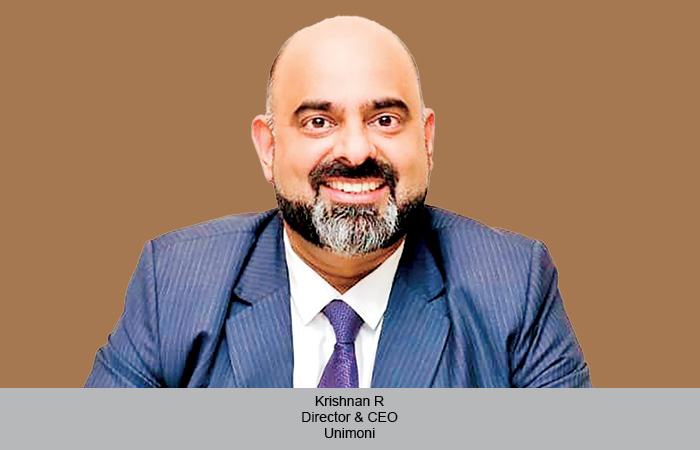‘Consolidated procurement strategies are the effective way forward to survive in post-COVID scenarios,’ says Dr Amit Sharma, Vice President – Contracting and Product Development, Abercrombie & Kent and Expert (Roster), UNWTO. Dr Sharma has also been teaching in various management institutes and universities for the last decade as a visiting faculty.
In the current crisis, tourism and hospitality companies are real-time examples of the Charles Darwin concept of “survival of the fittest”. While many organisations may be able to sustain themselves, albeit with a deep hole in their pocket, the bigger question after the pandemic would be – What could be the effective business strategies to be back on track as quick as possible? For sure, there will be process re-evaluation and companies may focus on a differentiator factor (aka USP)as per their brand’s value. The competition in the travel and hospitality industry, however, will be fiercer!
There will be pressure on maintaining price competitiveness along with delivering products as per the changed customer behaviour. In such a scenario, the right procurement strategies can play a vital role to meet the short as well as long-term business goals of the organisation. While short-term goals give in-year impact focusing on the P&L statement, long-term goals promote resilience. For both scenarios, it is imperative to understand how the top management adopts different standpoints on procurement engagements for decision making and business consolidation.
Different verticals may have varied subsets of requirements and operational parameters; the preferences may be piloted to centralised procurement centre for effective consolidation, as well as for best sustainable procurement practices. Effective service level agreements, green certifications, stricter SOPs for vendors to be the key focus areas for contract management. At present, the world, where information, pricing, product reviews are readily available for all, customers have varied options to select a niche for their next holidaymaking. To meet expectations, the tourism value chain can be channelised to low-carbon and resource-efficient execution for best consumption practices, and can promote relevant products. In order to have these expectations fulfilled, a company that cannot manage its costs and high-value deliverables will not thrive.
Procurement professionals carry more responsibility than ever, not only to be pricing effective but also to carry out right-fit buying strategies that should be a win-win for organisations as well as sustain procurement practices. Later, this will help to maintain the supplier code of conduct for best practices at ground level. This will in turn help the former to establish itself as an effective value chain service provider and to be a global leader.There are enough evidences to mention that procurement has helped companies to survive various global predicaments before. According to a McKinsey study, in the five years immediately following the 2008 global financial crisis, the total return to shareholders for companies with top-quartile procurement capabilities was 42% higher than for companies whose procurement operations were in the bottom quartile. Consolidated procurement strategies are the effective way forward to survive in post-COVID scenarios.
 TravTalk India Online Magazine
TravTalk India Online Magazine





